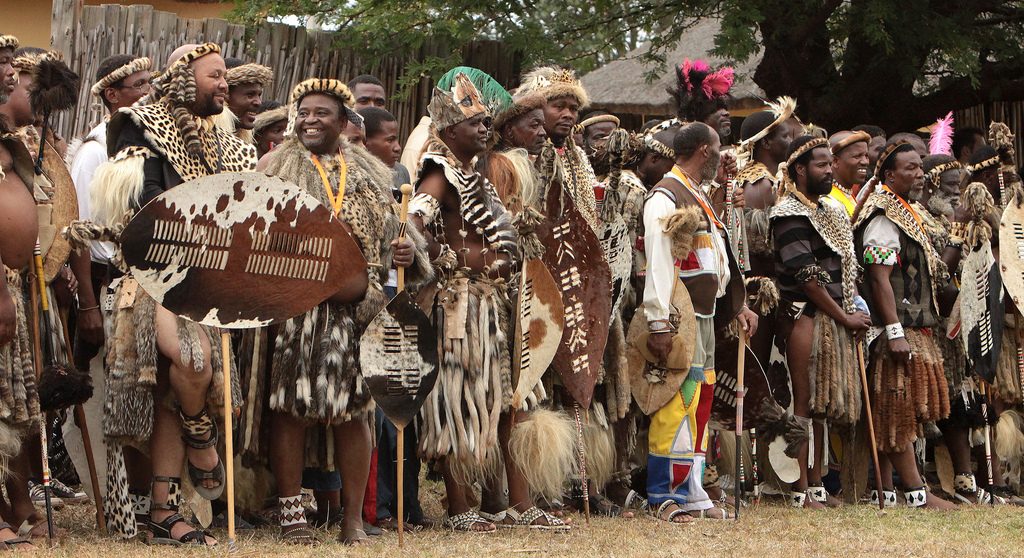In her recent article, Katariina Mustasilta suggests that the ways in which state institutions interact with traditional governance structures can influence a country’s capacity to maintain peace. She compares the ways traditional leaders have been incorporated into government structures in 44 sub-Saharan African countries and examines the armed conflicts these countries have been involved in. Through her research, she found that countries which incorporated traditional authorities into the public administration were more likely to remain free from armed conflict. Conversely, countries where traditional leaders were recognized but distinct from public administration were not more likely to maintain peace than countries in which traditional leaders were unrecognized altogether. This suggests that in order for peace to be maintained within a given country, traditional leaders should be an active and inherent component of public administration.
Mustasilta also found that the colonial histories of different countries influenced the ways relationships between states and traditional authorities emerged and operated. Countries colonized by the English, for example, were both more likely to have traditional authority structures develop alongside the public administration, as well as more likely to avoid conflict if this institutional hybridity existed, than countries colonized by the French. For policy-makers interested in preventing armed conflict between nation-states, the message is clear: interventions should consider the specific colonial context of a given nation and include traditional leadership figures into government. Enacted in a meaningful way, inclusion may act as a key component to maintaining peace .
Mustasilta, K. (2018). Including chiefs, maintaining peace? Examining the effects of state–traditional governance interaction on civil peace in sub-Saharan Africa. Journal of Peace Research, 0022343318790780.
Photo by Retlaw Snellac Photography is licensed under CC by 2.0
